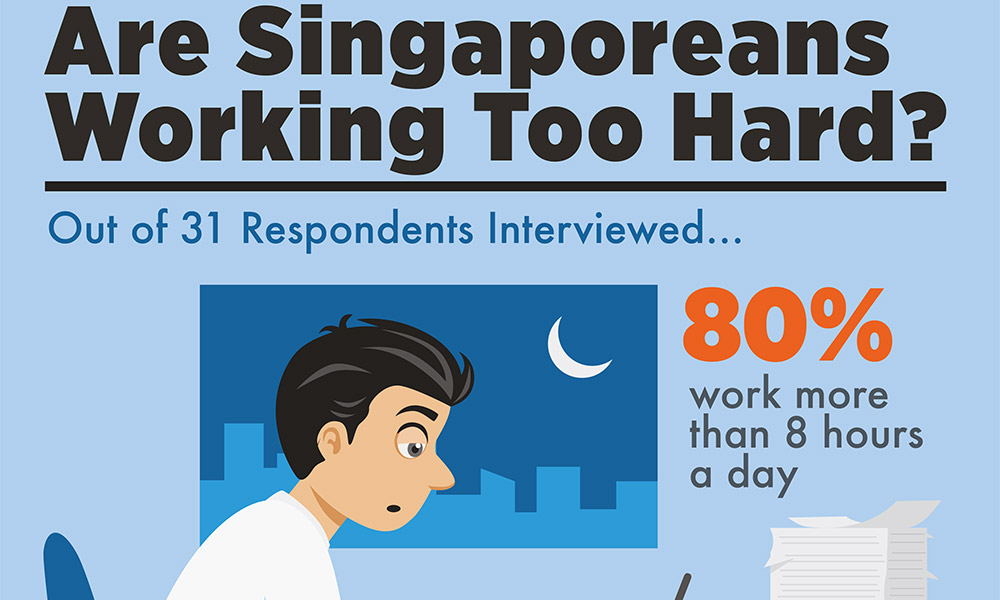By
Zisi (子思) (481–402 B.C.)was the grandson and disciple of Confucius, who served as advisor to the King of Wei.
During his service, Zisi noticed that whenever the King made less-than-ideal decisions, all his ministers would still condone it. So he remarked to the royal court, “The King of Wei does not conduct himself like a ruler, nor do his ministers behave like ministers.”
One of the ministers asked Zisi the reason for his comment, to which he replied:
“No one dares to voice their opinion against a king who thinks he is faultless. Even if the king ultimately does the right thing without having heard from others, he is still susceptible to further mistakes, and to ministers who pretentiously support his every decision and encourage his deleterious behaviour.
“Instead of having the means to discern right from wrong, the king basks in the flattery of his subjects. Rather than evaluating if the king’s decision is prudent, the ministers flatter him with extravagant praise. This degenerate form of governance will result in an unhappy populace and an unstable country.”
Zisi later addressed the King of Wei: “Your nation is doomed.”
The king asked, “Why do you say so?”
Zisi replied, “Nothing happens in isolation. No official would dare to correct a king’s errors if the king thinks himself flawless. The king and his officials disillusion themselves into thinking they are acting virtuously, and even the servants echo these views.
“When people are rewarded for praising the king, and criminalised for pointing out the king’s flaws, how can that lead to a good outcome?”
Kings and officials are not the only ones who must be aware of these principles. While it is desirable to decrease our reliance on others for help, it is also important to recognise our own shortcomings. Only when we respectfully listen to others’ suggestions and criticisms can we minimise our own flaws and avoid serious mistakes.
There is a Chinese proverb, “The ocean is vast because it assimilates the waters from streams and rivers.” The ocean can be likened to the individual, and the streams and rivers to others’ criticism. When one tries to dam the flow of suggestions and criticism, then no matter how large the ocean is, it will soon dry up.
Only those who are ignorant and egocentric view themselves as faultless. As we try to improve ourselves, we should always remember to be grateful when others point out our shortcomings.
















